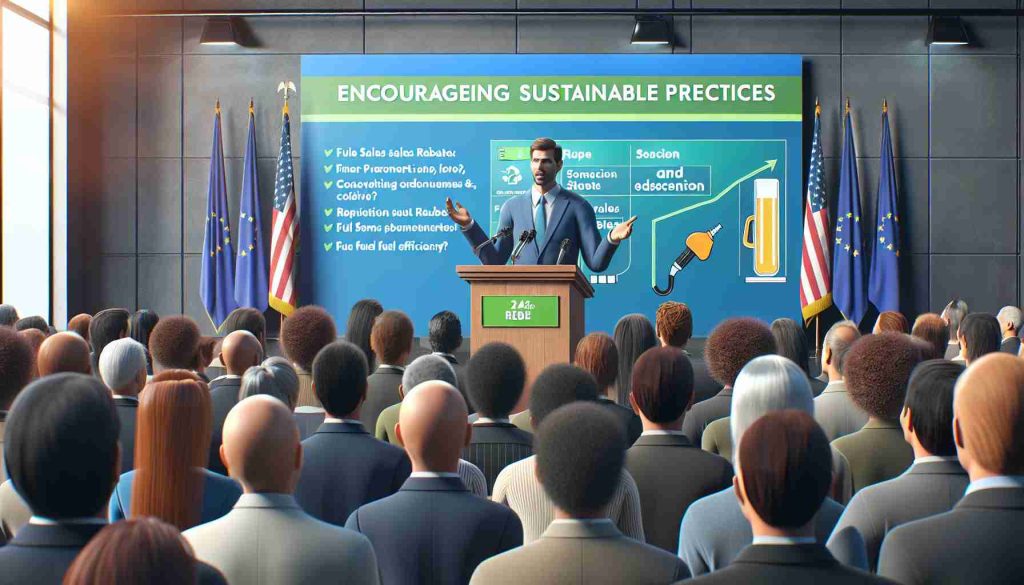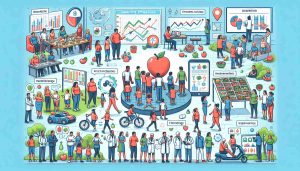Encouraging Sustainable Practices: Governor Takes Stance on Fuel Sales Rebates
3 min read
In a surprising turn of events, the governor has taken a stand against $3 million in E15 blended fuel sales rebates proposed by fellow party members for the 2025 state budget.
The governor’s recent decision diverges significantly from the push within her party to support incentives for E15 blended fuel sales. Instead of aligning with the proposed rebates, she has chosen to prioritize alternative approaches to promoting sustainable practices in the state.
While some may view this move as a political risk, the governor’s decision underscores her commitment to exploring a variety of strategies to advance environmental initiatives. By shifting focus away from traditional fuel sales rebates, she signals a willingness to think outside the box and embrace innovative solutions.
This bold stance has sparked conversation and debate among lawmakers and constituents alike. It highlights the complexity of balancing economic interests with environmental concerns and underscores the importance of open dialogue when shaping policies for a sustainable future.
Ultimately, the governor’s decision challenges the status quo and sets a precedent for a more nuanced approach to promoting eco-friendly practices in the state. As discussions surrounding sustainability continue to evolve, her leadership serves as a reminder of the need for adaptive and forward-thinking strategies in the pursuit of a greener tomorrow.
The governor’s stance against the $3 million in E15 blended fuel sales rebates has brought to light several key questions and considerations:
1. What alternative approaches is the governor considering to promote sustainable practices in the state?
– The governor is likely exploring a range of options such as investing in renewable energy sources, implementing stricter emissions regulations, and incentivizing eco-friendly transportation.
2. What are the potential advantages of prioritizing alternative strategies over fuel sales rebates?
– By focusing on diverse sustainable practices, the state can encourage innovation and resilience in its environmental initiatives, potentially leading to long-term benefits for both the economy and the environment.
3. What are some of the key challenges or controversies associated with the governor’s decision?
– One challenge could be resistance from industries reliant on traditional fuel sales, who may perceive the shift in focus as a threat to their business models.
Official Website of Australia’s Department of the Environment
4. What are the advantages of sparking conversation and debate among lawmakers and constituents?
– Open dialogue can lead to a more comprehensive understanding of the complexities surrounding sustainability, potentially paving the way for well-informed and inclusive policy-making processes.
5. How might the governor’s decision influence future sustainability initiatives in the state?
– The governor’s bold stance could inspire further exploration of innovative solutions and foster a culture of proactive environmental stewardship, shaping the trajectory of eco-friendly practices in the region.
United States Environmental Protection Agency
In conclusion, while the governor’s decision may present challenges and controversies, it also signifies a commitment to exploring diverse pathways towards sustainability. By embracing dialogue, innovation, and a nuanced approach, the state stands to benefit from a more holistic and adaptive framework for promoting eco-friendly practices in the years to come.






